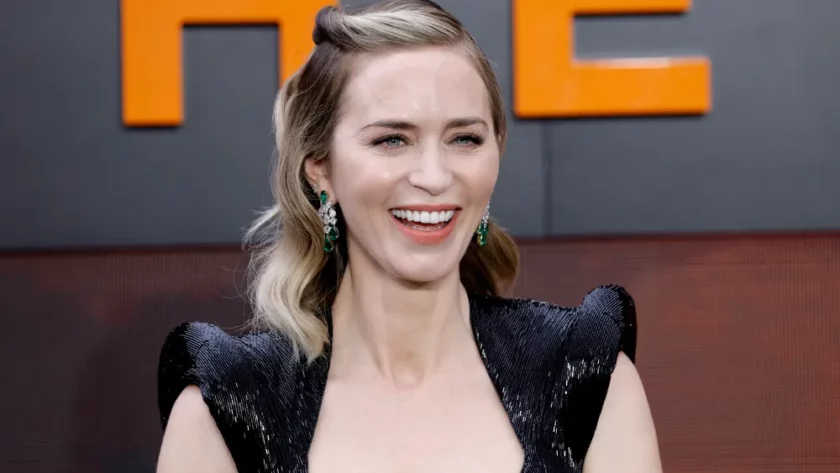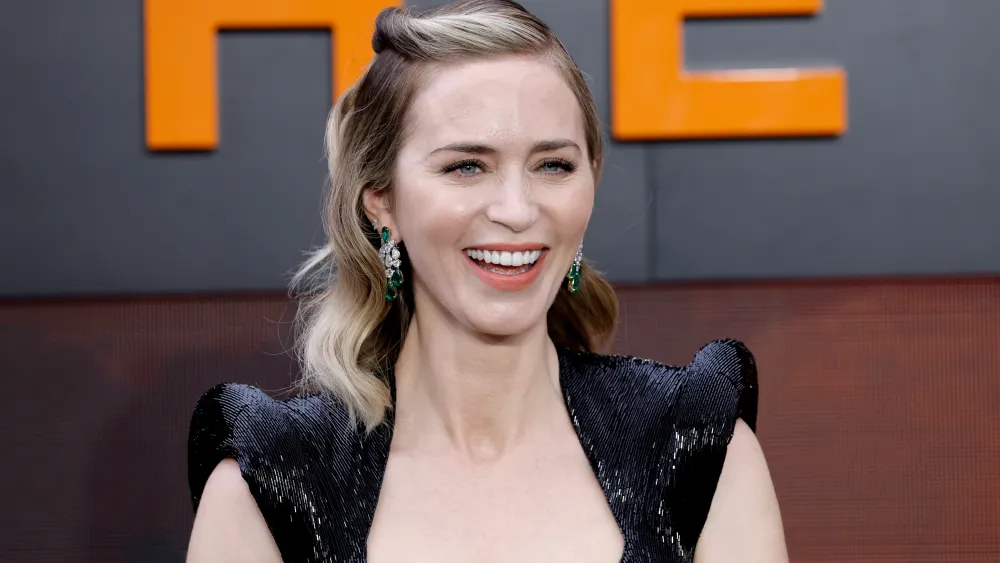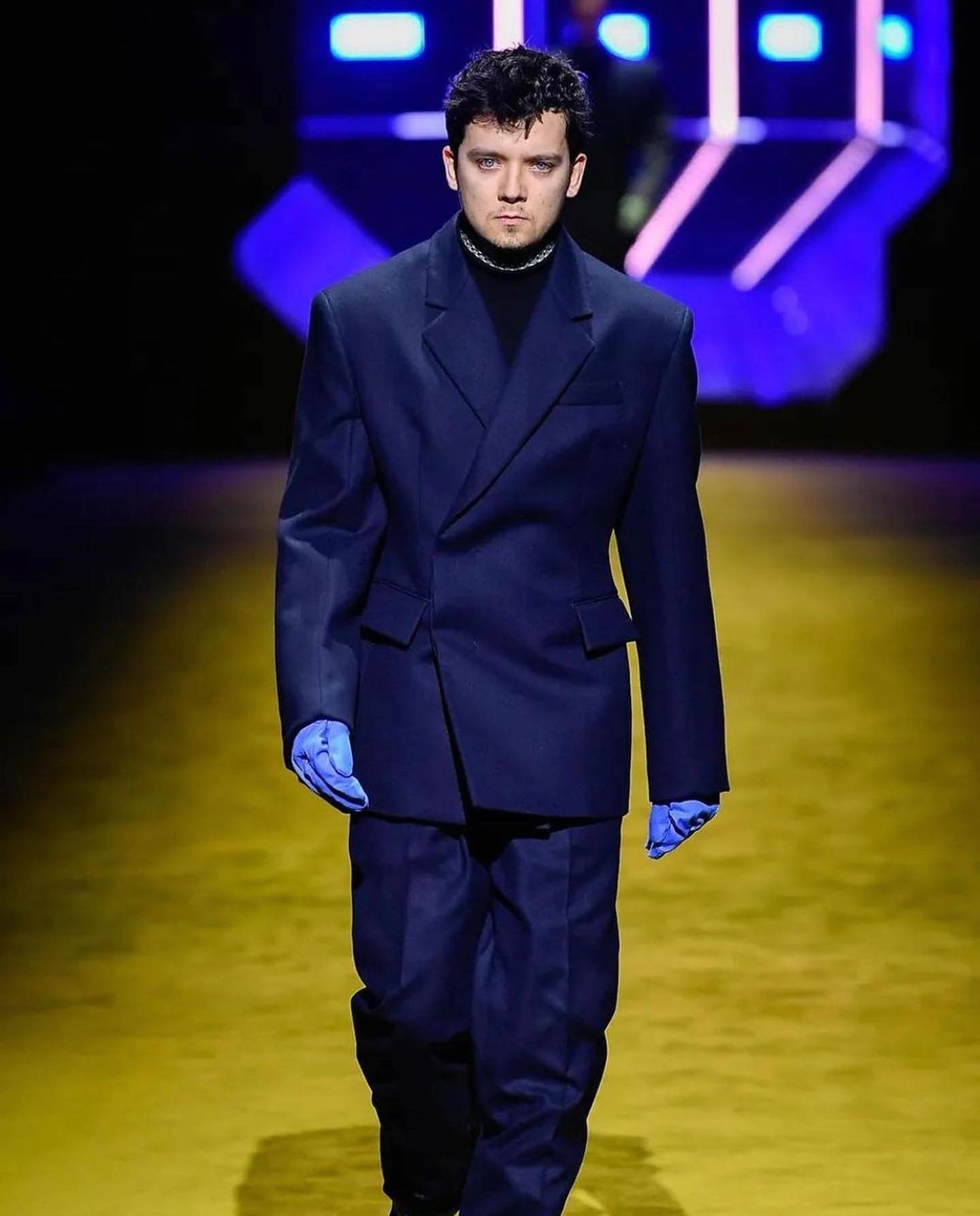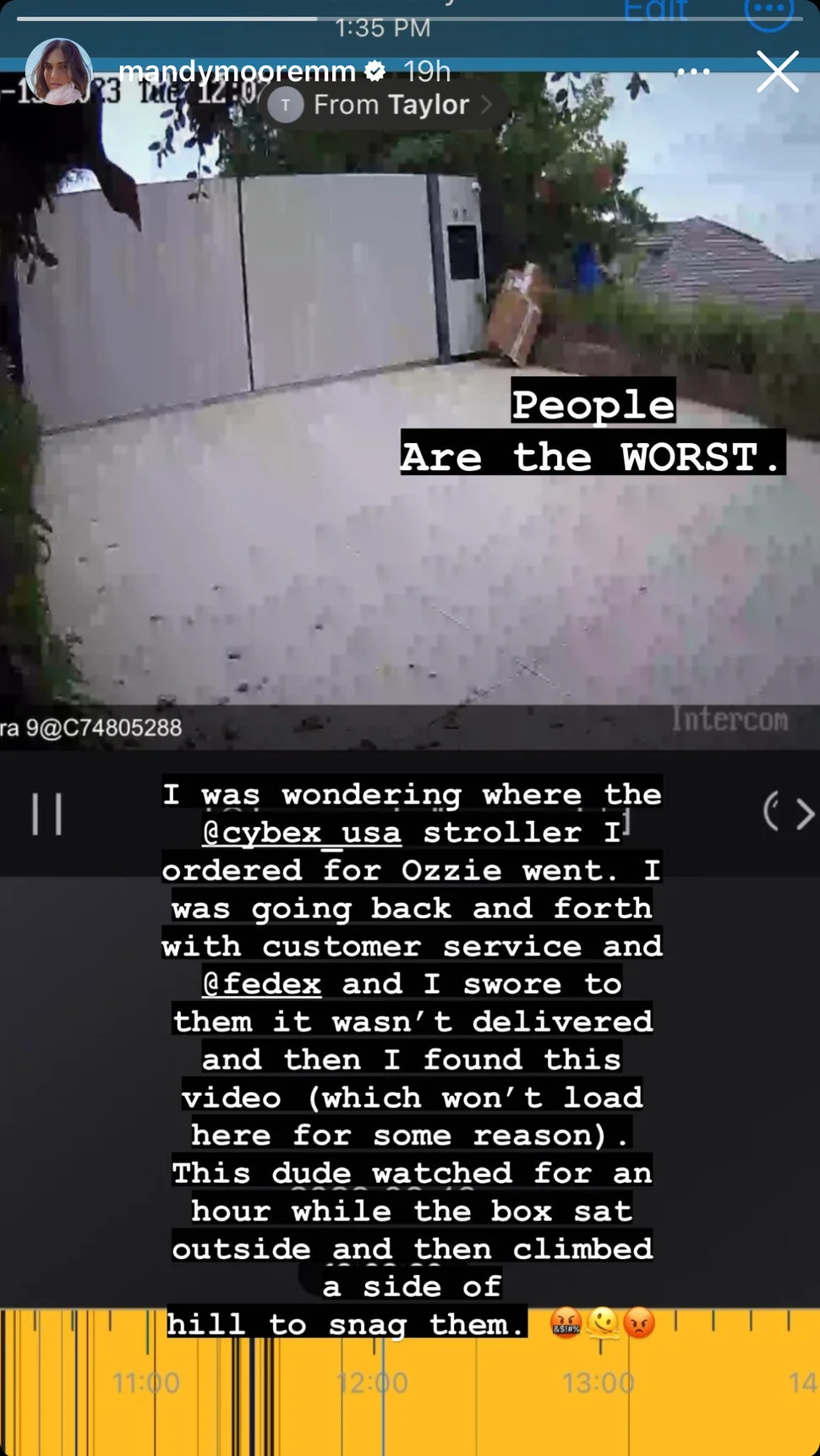Emily Blunt has expressed her strong opposition to the use of algorithms in Hollywood decision-making. In a recent interview with Vanity Fair Italy, ahead of the release of her upcoming film “The Fall Guy,” Blunt criticized the reliance on algorithms for determining the success potential of films. She referenced Christopher Nolan’s “Oppenheimer,” a biopic with a three-hour runtime, an R rating, and no action scenes, as an example of a project that algorithms might have advised against due to its unconventional elements.

“Some new things frustrate me: algorithms, for example,” Blunt stated. “I hate that fucking word, excuse the expletive! How can it be associated with art and content? How can we let it determine what will be successful and what will not?”
She further illustrated her point by referring to the success of “Oppenheimer,” which defied expectations by grossing over $960 million globally, making it the highest-grossing biographical drama in history. “I was in a three-hour film about a physicist, which had the impact it had – the algorithms probably wouldn’t have grasped it. My hope is that ‘Oppenheimer’ and similar projects are not considered anomalies, that we stop translating creative experience into diagrams,” Blunt explained.
Ryan Gosling, Blunt’s co-star in “The Fall Guy,” also weighed in on the issue. “You can’t beat an algorithm at its job. And this, paradoxically, forces me to be more human, to choose ‘handmade’ projects like ‘The Fall Guy,’ which is based on personal experiences, our footprints and our stories, which we poured into the characters,” he said.
Christopher Nolan also commented on the surprising success of “Oppenheimer,” acknowledging the film’s unexpected performance. “I’ve just made a three-hour film about Robert Oppenheimer which is R-rated and half in black-and-white – and it made a billion dollars. Of course I think films are doing great,” Nolan told Empire magazine. “The crazy thing is that it’s literally the most successful film I’ve ever made. I’ve been doing this for 20 years and in the United Kingdom it’s my highest-grossing film. So I feel great about the state of the movie business, based on my own experience. But also based on seeing other movies break out, seeing audiences come back.”
Blunt and Gosling’s commentary highlights a broader debate in the film industry about the balance between data-driven decision-making and creative intuition.
Christopher Nolan further emphasized the impact of unexpected cinematic experiences on audiences. “The audience’s desire to be surprised, to see something new, to see something they did not know they wanted, that’s always been the most powerful force in theatrical film,” he noted. “So it was wonderful to see that this year.”
Meanwhile, in a contrasting scenario, “A Knight’s Tale” director Brian Helgeland discussed the role algorithms played in stifling the development of a sequel to his 2001 medieval action-comedy. Helgeland had an idea for a sequel that would focus on the daughter of Heath Ledger’s character and approached Sony with the concept, considering they held the rights.
“I pitched it to Sony because they own the rights, and it seemed like they were interested in making it with Netflix, releasing it as a Netflix movie,” Helgeland explained. However, he believes that Netflix’s reliance on algorithms to predict viewer interest doomed the project. “My understanding is that Netflix tested this sequel idea through their algorithms, which indicated that it would not be successful. ‘A Knight’s Tale’ seems to get more popular with every passing year; it’s the strangest thing.”
For more insights from the industry, read the full Vanity Fair Italy interview with Emily Blunt and Ryan Gosling. Their upcoming movie, “The Fall Guy,” is set to premiere in U.S. theaters on May 3, distributed by Universal Pictures.
Also Read, Sukihana Arrested on Drug Charges in Florida
Adin Ross’s Planned Stream with Kanye West Falls Through Over Charity Donation Dispute
Bookmark and Follow us for More Entertainment News



